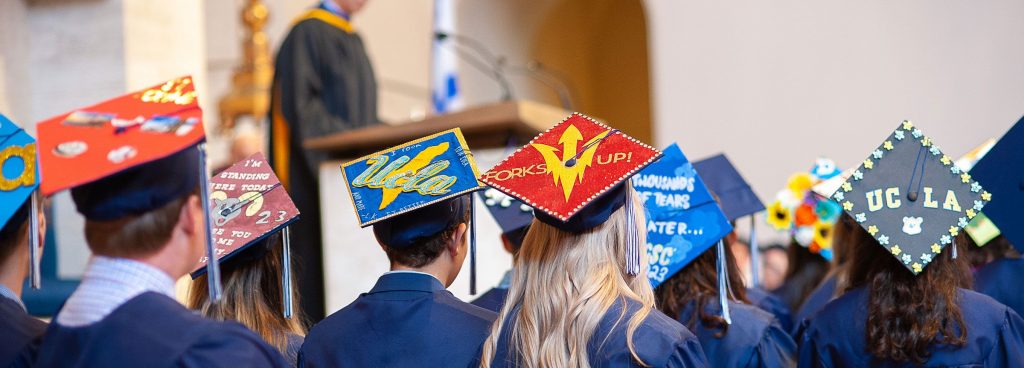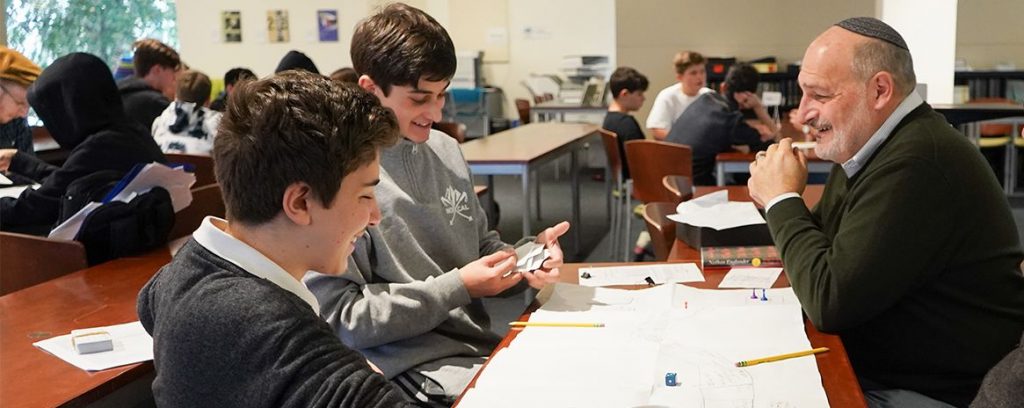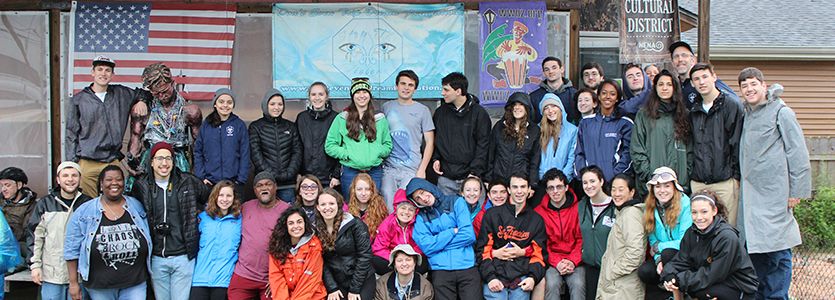by Joseph Gindi, Jewish Studies Teacher
Bamidbar, this week’s Torah portion, opens with the following verse, “And God spoke to Moshe in the wilderness of Sinai in the tent of meeting…” (Numbers 1:1). Bamidbar Rabbah, a compendium of rabbinic midrash on the book of Numbers, asks of this verse, “Why does it state ‘in the wilderness of Sinai’?” (Bamidbar Rabbah 1:7) Why is God revealed and the Torah given in this desolate, uncivilized, dangerous, unclaimed place?
The midrash looks at other places that Sinai is mentioned and concludes that Torah was given in three ways: “in fire, in water, and in wilderness.” Why fire and water and wilderness? Because, the midrash explains, these things are “free to all humankind,” they are not the possession of one person or one group. In the view of this midrash fire, water, and wilderness are, like the air we breath, simply available to all.
And yet, try to contain fire, try to grasp water, try to encompass the wilderness. These things cannot easily be caught, contained, or apprehended by anyone. It can be hard to access or feel ownership over the Torah. Though potentially free to all, the Torah is also wild and uncontained, a burning, flowing vastness.
Here we are, standing at the edge of our own wilderness – a summer not structured by the rhythms of school, or, for seniors, a vast open plane of possibilities that lie ahead beyond their high school years. It is in this unregulated open-ended space that we are called on to find our own Torah.
The midrash continues, not only is Torah given through wilderness, but to receive Torah we have to make ourselves like the wilderness. “Anyone who does not make oneself like an unclaimed wilderness (k’midbar hefker) cannot acquire wisdom and Torah.”
K’midbar hefker, like an unclaimed wilderness. Hefker is a technical term for ownerless property. This is the wilderness that is outside of anyone’s jurisdiction, even our own. So what does it mean to make oneself k’midbar hefker, like an open wilderness?
Seniors, at this moment the wilderness ahead may feel like a blank canvas—raw, untamed, and open to every imagining. Very little is fixed, and everything is open to potential. Looking out beyond the walls of JCHS may feel exciting, terrifying, or both. The way through that, this midrash may be suggesting, is to chart your course by opening to the possibilities that lie ahead.
Make plans for the next months, years, and even decades, but know that both your inner and outer worlds are hefker, not fully yours to control. As the Yiddish expression goes, Der mentsh trakht un got lakht – humans plan, and God laughs. So, embrace the flexibility and spontaneity that are required when things don’t go according to plan. Know that the course toward your goals may not be straightforward, and, as you take those twists and turns, new goals and destinations reveal themselves. The Torah of the wilderness comes, I think, when we look back over the winding path of our journeys to create the Torah of our lives. Nesiya Tovah!









